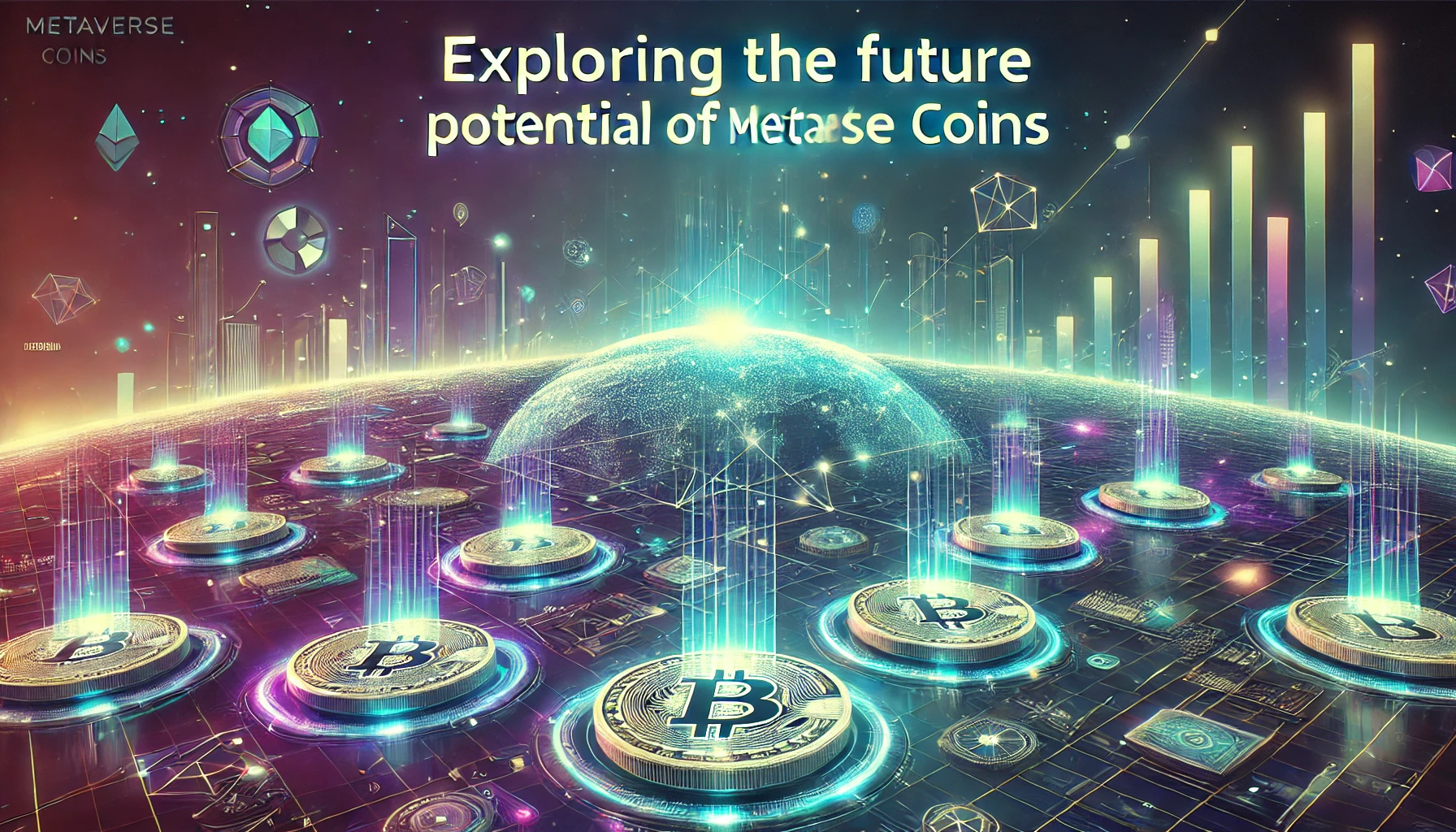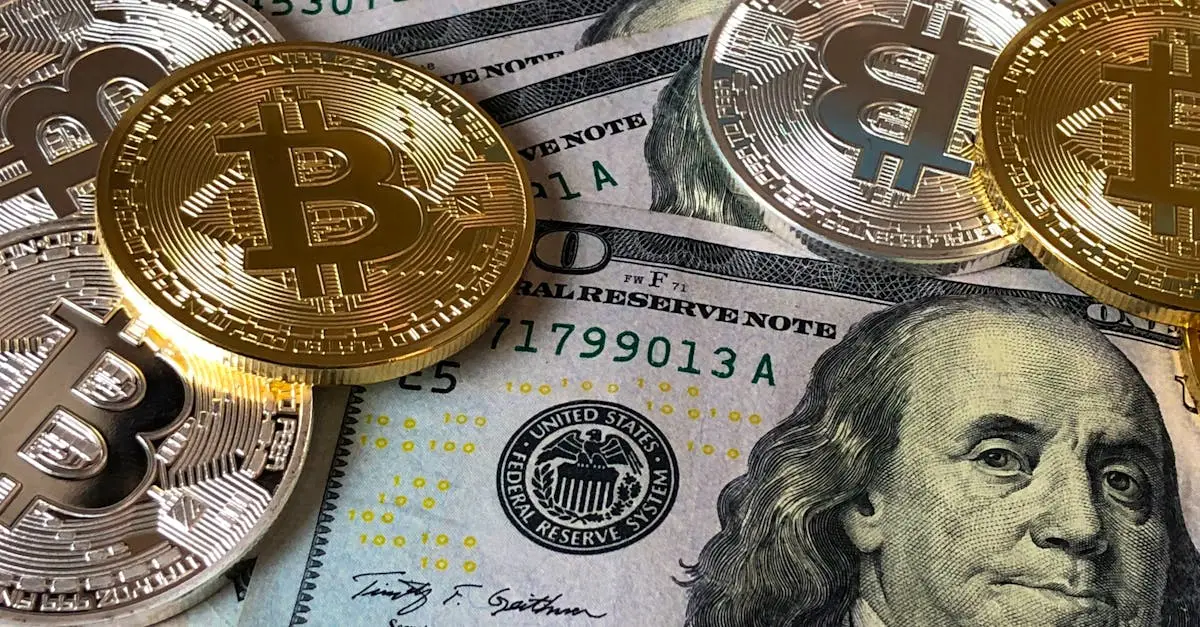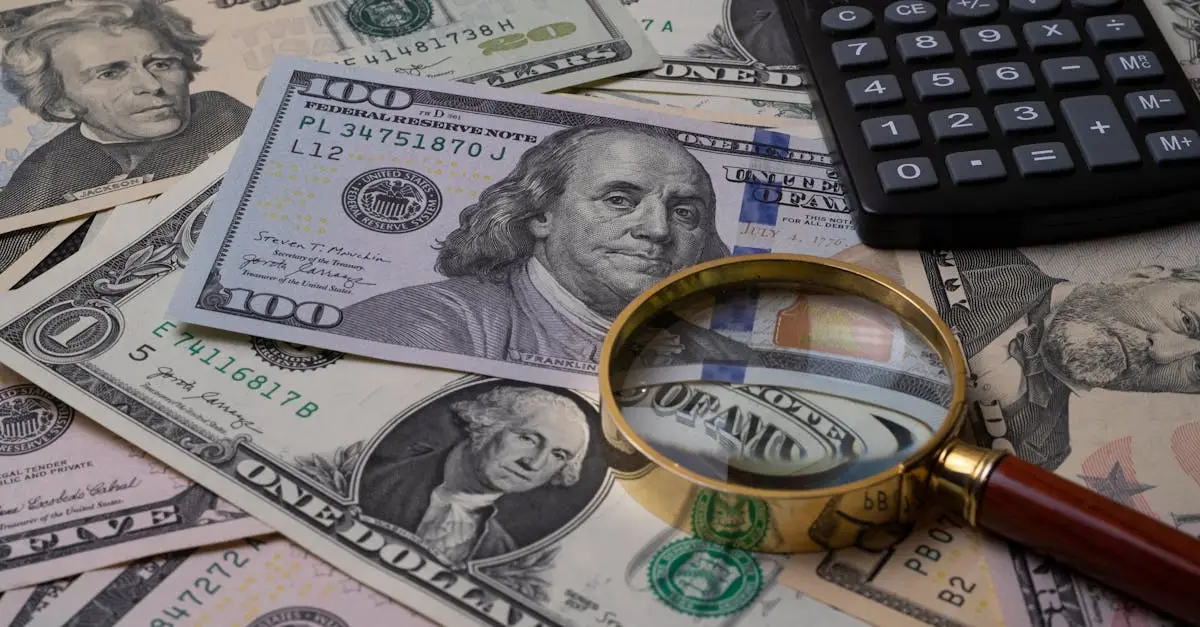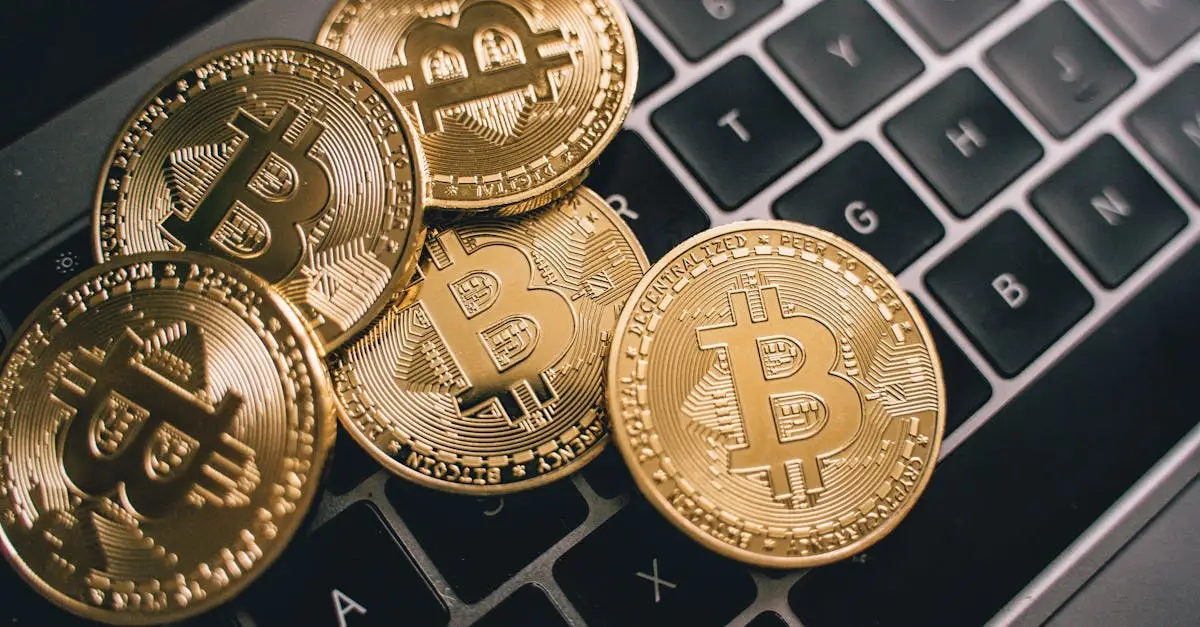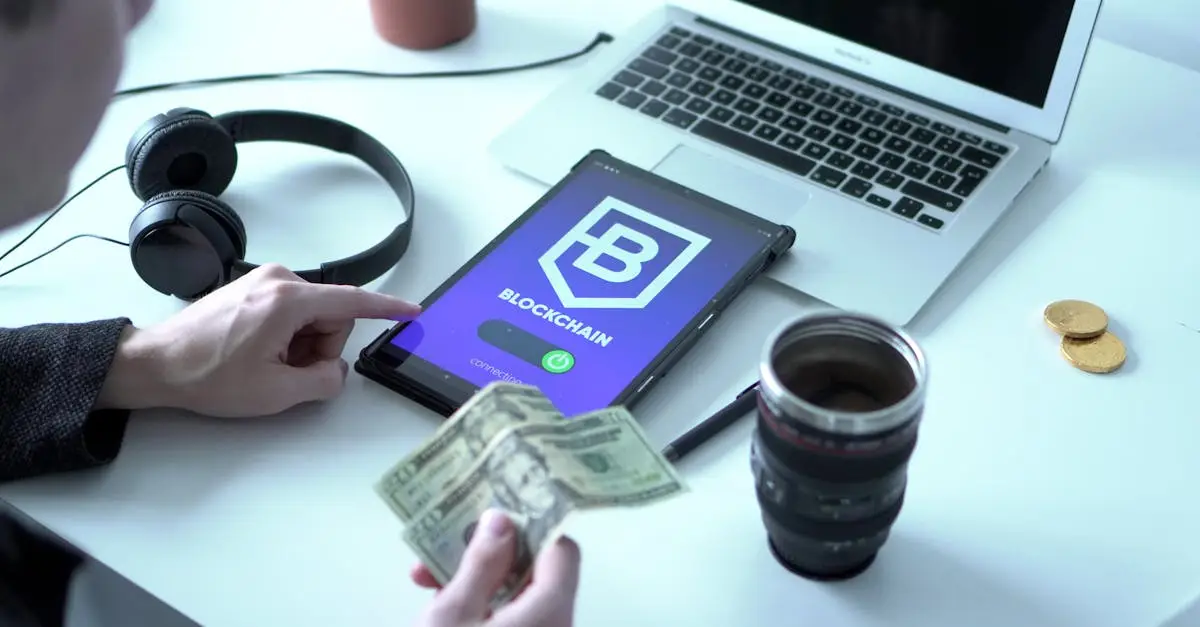Welcome to an in-depth exploration on the exciting topic of Metaverse Coins. In this article, we will delve into the future potential of these digital assets within the ever-expanding virtual landscape. By discussing aspects such as the concept, evolution, applications, impacts, investment opportunities, decentralized finance, NFTs, regulatory challenges, virtual real estate, and the role in building digital economies, we aim to provide valuable insights into the world of Metaverse Coins.
First and foremost, it is crucial to understand the concept of Metaverse Coins and how they function within virtual environments. These unique digital currencies are specifically designed for transactions within the metaverse, a collective virtual shared space that is created by the convergence of physical and virtual reality. As more individuals immerse themselves in these virtual worlds, the demand for Metaverse Coins continues to grow.
The evolution of virtual currency in the metaverse has been a fascinating journey. From the early days of basic digital tokens to the complex blockchain-based systems we see today, Metaverse Coins have played a pivotal role in shaping the virtual economy. As technology advances and new innovations emerge, the potential for these coins to revolutionize virtual transactions is immense.
When we consider the potential applications of Metaverse Coins in virtual worlds, the possibilities are endless. These coins can be utilized for various purposes such as buying virtual assets, accessing exclusive content, participating in virtual events, and much more. The seamless integration of Metaverse Coins into the virtual ecosystem enhances the overall user experience and opens up new avenues for creativity and interaction.
The impacts of blockchain technology on Metaverse Coins cannot be understated. By leveraging the security, transparency, and efficiency of blockchain, these digital assets offer a reliable and tamper-proof way to conduct transactions within the metaverse. The decentralized nature of blockchain ensures trust and integrity, making Metaverse Coins a preferred choice for virtual commerce.
Investing in Metaverse Coins presents both opportunities and risks for enthusiasts and investors. While the potential for high returns exists in this dynamic market, it is essential to navigate through the volatility and regulatory challenges that come with investing in digital assets. Understanding the market trends, conducting thorough research, and seeking expert advice are crucial steps for successful investment in Metaverse Coins.
As we delve deeper into the metaverse ecosystem, the concept of decentralized finance (DeFi) emerges as a game-changer for Metaverse Coins. DeFi platforms offer innovative financial services such as lending, borrowing, and trading, all powered by blockchain technology. By integrating DeFi into the metaverse, users can access a wide range of financial tools and services, further enhancing the utility of Metaverse Coins.
One of the most exciting developments in the metaverse is the synergistic relationship between NFTs and Metaverse Coins. Non-fungible tokens (NFTs) have revolutionized the concept of ownership in virtual spaces, creating unique digital assets that can be bought, sold, and traded using Metaverse Coins. This synergy between NFTs and Metaverse Coins paves the way for new forms of digital ownership and engagement within virtual worlds.
Regulatory challenges and opportunities are also prevalent in the world of Metaverse Coins. As governments and regulatory bodies grapple with the implications of digital currencies in virtual environments, the need for clear frameworks and guidelines becomes essential. Balancing innovation with consumer protection is a delicate yet necessary task to ensure the sustainable growth of Metaverse Coins in the global economy.
Virtual real estate emerges as a lucrative asset class within the metaverse, where Metaverse Coins play a vital role in facilitating transactions and investments. The concept of owning virtual land, buildings, and spaces opens up new avenues for creativity, entrepreneurship, and value creation. As the demand for virtual real estate grows, the significance of Metaverse Coins as a medium of exchange becomes more pronounced.
In conclusion, the role of Metaverse Coins in building digital economies is undeniable. These digital assets not only fuel transactions within virtual worlds but also pave the way for new economic models, social interactions, and creative expressions. As we look towards future trends and innovations in Metaverse Coins, it is evident that their potential is vast, offering exciting opportunities for individuals, businesses, and communities in the ever-evolving metaverse.
To explore more about Metaverse Coins, you can check out the latest news and updates from reputable sources like Cointelegraph and CoinDesk.
Understanding the Concept of Metaverse Coins
Metaverse coins, a digital currency native to the virtual world, play a crucial role in facilitating transactions within the Metaverse. These coins are specifically designed for use within the virtual environment, enabling users to purchase virtual goods, services, and assets. The concept of Metaverse coins stems from the growing popularity of virtual worlds and the need for a secure and efficient means of exchange within these digital landscapes.
As the Metaverse continues to expand and evolve, the demand for a universal currency that can be used across different virtual platforms becomes increasingly apparent. Metaverse coins serve as a standardized form of payment that transcends individual virtual worlds, allowing users to engage in seamless transactions regardless of the virtual environment they are in. This interoperability is a key factor driving the adoption and utility of Metaverse coins.
One of the unique aspects of Metaverse coins is their decentralized nature, often built on blockchain technology. This decentralization ensures transparency, security, and immutability of transactions within the Metaverse. By leveraging blockchain technology, Metaverse coins offer users a high level of trust and reliability, eliminating the need for centralized authorities to oversee transactions.
Furthermore, Metaverse coins are not limited to a single use case; they have the potential to unlock a wide range of opportunities within the virtual space. From virtual real estate transactions to in-game purchases and digital asset trading, Metaverse coins provide a versatile means of exchange that empowers users to fully immerse themselves in the virtual world economy.
In conclusion, understanding the concept of Metaverse coins is essential for anyone looking to fully engage with the Metaverse and capitalize on the opportunities it presents. By grasping the role and significance of these digital assets, users can navigate the virtual landscape with confidence and participate in a thriving digital economy driven by Metaverse Coins.
The Evolution of Virtual Currency in the Metaverse
The concept of virtual currency has seen a significant evolution within the Metaverse, where digital assets play a crucial role in shaping virtual economies. Metaverse Coins serve as the primary medium of exchange in these virtual worlds, allowing users to buy virtual goods, services, and even real-world products.
Initially, virtual currencies in the Metaverse were limited to in-game tokens used for specific purposes within a game environment. However, as the concept of the Metaverse expanded beyond gaming into social interactions, virtual shopping, and digital ownership, the role of Metaverse Coins became more diverse and complex.
With the rise of blockchain technology, the transparency and security of transactions within the Metaverse have significantly improved. Blockchain-based Metaverse Coins offer users greater control over their assets, enabling secure peer-to-peer transactions and the creation of unique digital assets with verified ownership.
As the Metaverse continues to grow and attract a larger user base, the demand for diverse Metaverse Coins representing different virtual assets is on the rise. These digital currencies not only facilitate economic transactions but also act as a store of value within the virtual ecosystem, contributing to the overall sustainability of virtual economies.
Moreover, the interoperability of Metaverse Coins across different virtual platforms is becoming increasingly important. Users now seek seamless integration of virtual currencies across various Metaverse experiences, allowing them to foster cross-platform interactions and expand their digital presence with ease.
In conclusion, the evolution of virtual currency in the Metaverse has transformed the way users engage with digital assets, economic activities, and social interactions within virtual worlds. Metaverse Coins play a pivotal role in shaping the future of the Metaverse, providing users with a flexible, secure, and interconnected means of navigating and thriving in this digital landscape.
Potential Applications of Metaverse Coins in Virtual Worlds
Within virtual worlds, Metaverse Coins hold significant potential for enhancing user experiences and driving economic activities. These digital assets can be utilized in a variety of applications, offering unique benefits to both users and creators.
Enhanced Virtual Goods and Services: Metaverse Coins can be used to purchase virtual goods and services within virtual worlds. From virtual real estate to digital accessories for avatars, these coins provide a seamless and secure payment method, allowing users to customize their virtual experiences.
Decentralized Finance (DeFi) Integration: The integration of Metaverse Coins into decentralized finance platforms within virtual worlds can enable users to participate in various financial activities such as lending, borrowing, and trading assets. This integration adds a layer of financial functionalities to virtual environments, creating new opportunities for economic growth.
Creation and Monetization of Digital Assets: Creators within virtual worlds can benefit from Metaverse Coins by monetizing their digital assets. By receiving these coins as payment for their creations, creators can establish new revenue streams and incentivize the development of innovative content, ultimately enriching the virtual ecosystem.
Interoperability and Cross-Platform Transactions: Metaverse Coins can facilitate interoperability between different virtual worlds and enable cross-platform transactions. Users can seamlessly transfer assets and currencies across various virtual environments, promoting a more interconnected and diverse metaverse ecosystem.
Community Engagement and Governance: Through the use of Metaverse Coins, virtual communities can enhance engagement and establish governance frameworks. Users can participate in community-driven initiatives, vote on important decisions, and contribute to the development of shared virtual spaces, fostering a sense of ownership and collaboration.
Impacts of Blockchain Technology on Metaverse Coins
Metaverse Coins have seen a surge in popularity and adoption, largely due to the underlying technology that powers them – blockchain. Blockchain technology has revolutionized the way transactions are conducted within the metaverse, offering increased security, transparency, and immutability.
One of the key impacts of blockchain technology on Metaverse Coins is the enhanced security it provides. Through the use of cryptographic algorithms and decentralized networks, blockchain ensures that transactions within the metaverse are secure and tamper-proof, reducing the risk of fraud and unauthorized activities.
Furthermore, blockchain technology has enabled greater transparency in the issuance and tracking of Metaverse Coins. With all transactions being recorded on a public ledger that is accessible to all participants, users can verify the authenticity of each coin and track its ownership history, enhancing trust in the metaverse economy.
Another significant impact of blockchain on Metaverse Coins is the concept of smart contracts. Smart contracts are self-executing contracts with the terms of the agreement directly written into code. This automation not only streamlines processes but also eliminates the need for intermediaries, reducing costs and increasing efficiency within the metaverse.
Moreover, blockchain technology has facilitated cross-platform interoperability for Metaverse Coins. Through the use of standardized protocols and decentralized networks, users can seamlessly transfer their coins between different metaverse platforms, unlocking new possibilities for cross-platform collaboration and innovation.
Investing in Metaverse Coins: Opportunities and Risks
When considering Metaverse Coins for investment, it is essential to understand the opportunities and risks associated with this emerging market.
Opportunities: Investing in Metaverse Coins presents the opportunity to capitalize on the growth of virtual economies within the metaverse. As more people engage in virtual worlds for work, entertainment, and socializing, the demand for digital assets within these spaces is expected to increase significantly. By investing early in Metaverse Coins, investors can potentially benefit from the growth of this market.
Risks: However, it’s important to be aware of the risks involved in investing in Metaverse Coins. The market for digital assets in the metaverse is highly speculative and volatile, with prices subject to dramatic fluctuations based on market trends and sentiment. Additionally, regulatory uncertainties and security risks in the digital realm can impact the value and security of Metaverse Coins.
Overall, investing in Metaverse Coins can offer exciting opportunities for growth, but it is crucial for investors to conduct thorough research, assess their risk tolerance, and stay informed about market developments to make informed investment decisions in this evolving space.
Exploring Decentralized Finance (DeFi) in the Metaverse Ecosystem
As the Metaverse continues to expand, decentralized finance (DeFi) has emerged as a key component within this virtual ecosystem. DeFi, powered by blockchain technology, offers a range of financial services and products that operate outside traditional banking systems. Within the Metaverse, DeFi plays a crucial role in facilitating transactions, enabling users to interact, trade, and engage in various financial activities using Metaverse Coins.
One of the primary advantages of DeFi in the Metaverse is its ability to provide financial inclusion to individuals who may not have access to traditional banking services. Through DeFi platforms, users can participate in lending, borrowing, and trading assets using Metaverse Coins, creating a more equitable financial landscape within the virtual world.
Furthermore, DeFi in the Metaverse offers users a high degree of autonomy and control over their financial resources. By utilizing smart contracts and decentralized applications (dApps), individuals can engage in financial activities with greater security and transparency, reducing the need for intermediaries and third-party oversight. This level of independence is particularly appealing to users of Metaverse Coins seeking a more self-directed approach to managing their finances.
Another key aspect of DeFi in the Metaverse is the concept of liquidity mining, where users can earn rewards by providing liquidity to decentralized exchanges. This process involves users depositing their Metaverse Coins into liquidity pools, which are used to facilitate trading activities. In return, participants receive rewards in the form of additional Metaverse Coins or other tokens, incentivizing active participation in the ecosystem.
Overall, the integration of DeFi within the Metaverse ecosystem has revolutionized the way users engage with financial services in virtual environments. By leveraging the features of blockchain technology and decentralized networks, individuals can access a wide range of financial opportunities and services using Metaverse Coins, fostering innovation and inclusivity within this digital realm.
NFTs and Metaverse Coins: A Synergistic Relationship
When exploring the world of digital assets and blockchain technology, two terms that frequently appear are NFTs and Metaverse Coins. These two elements have formed a synergistic relationship that is shaping the future of the digital economy.
Metaverse Coins serve as the primary currency within virtual worlds, enabling users to buy virtual goods, pay for services, and participate in decentralized governance. As the metaverse continues to evolve and expand, the demand for these coins is expected to rise significantly, driving their value and utility.
NFTs, on the other hand, bring unique and irreplaceable digital assets to the forefront. By tokenizing real-world assets or creating original digital artworks, NFTs have revolutionized ownership in the digital space. The integration of NFTs with Metaverse Coins allows for seamless transactions within virtual environments, enhancing user experience and increasing the diversity of digital assets available.
Furthermore, the combination of NFTs and Metaverse Coins has opened up new opportunities for creators, developers, and investors. Artists can tokenize their creations as NFTs and sell them for Metaverse Coins, while developers can fund their projects through NFT sales and utilize Metaverse Coins for in-world transactions. Investors, on the other hand, can diversify their portfolios by holding both NFTs and Metaverse Coins, benefiting from the growth of the digital asset ecosystem.
In conclusion, the relationship between NFTs and Metaverse Coins is symbiotic, with each enhancing the value and functionality of the other. As the digital landscape continues to evolve, embracing this synergistic relationship is key to unlocking the full potential of the metaverse and the digital economy as a whole.
Regulatory Challenges and Opportunities for Metaverse Coins
As the popularity of virtual worlds and digital assets grows, so does the importance of understanding the regulatory landscape surrounding Metaverse Coins. These virtual currencies, used within the metaverse for various transactions and services, present unique challenges and opportunities in terms of regulation.
Regulatory Challenges:
- Uncertainty: One of the primary challenges for Metaverse Coins is the lack of clear regulatory framework. Governments and regulatory bodies are still grappling with how to classify and oversee these digital assets, leading to uncertainty for investors and users.
- Security Concerns: The decentralized nature of many Metaverse Coins raises security concerns, as they may be vulnerable to hacking and fraud. Regulators must find ways to protect users while preserving the innovation and potential of these virtual currencies.
- Consumer Protection: Another challenge is ensuring consumer protection in the metaverse economy. Without proper regulations, users of Metaverse Coins may be exposed to risks such as scams, Ponzi schemes, and inadequate dispute resolution mechanisms.
Regulatory Opportunities:
- Framework Development: Developing a clear regulatory framework tailored to Metaverse Coins can provide stability and legitimacy to the virtual economy. This framework can establish guidelines for issuers, traders, and users, fostering trust and attracting more participants.
- Innovation Support: Effective regulation can support innovation in the metaverse by encouraging responsible development and adoption of Metaverse Coins. Regulatory sandboxes and collaborative approaches can help explore new use cases while maintaining compliance with legal requirements.
- International Cooperation: Given the global nature of the metaverse, opportunities exist for international cooperation on regulatory standards for Metaverse Coins. Harmonizing regulations across jurisdictions can streamline compliance efforts and enhance cross-border transactions.
Metaverse Coins and Virtual Real Estate: A Lucrative Asset Class
When it comes to investing in the digital landscape, Metaverse Coins have emerged as a trending topic. These virtual currencies are gaining popularity due to their potential for high returns and the opportunities they offer within the virtual world.
One of the most attractive aspects of Metaverse Coins is their connection to virtual real estate. In the metaverse, virtual land and properties are becoming valuable assets, much like real-world real estate. Investors can purchase virtual land using these coins, with the potential for appreciation in value over time.
Investing in Metaverse Coins provides a unique opportunity to diversify one’s portfolio and participate in the growing digital economy. As the metaverse continues to expand, the demand for virtual real estate is expected to increase, making it a potentially lucrative asset class for savvy investors.
Moreover, the liquidity and accessibility of Metaverse Coins make them an attractive option for both experienced investors and newcomers to the digital asset space. With the ability to buy, sell, and trade these coins on various platforms, investors have the flexibility to capitalize on market trends and developments in the metaverse.
In conclusion, Metaverse Coins and virtual real estate present a compelling investment opportunity in the digital age. By understanding the potential of these assets and staying informed about the evolving landscape of the metaverse, investors can position themselves to benefit from this lucrative asset class.
The Role of Metaverse Coins in Building Digital Economies
In the rapidly evolving landscape of digital economies, Metaverse Coins have emerged as a key player in shaping the future of online interactions and transactions. These digital assets are specifically designed to be used within virtual worlds, creating a seamless financial ecosystem that transcends traditional boundaries.
The utilization of Metaverse Coins within digital economies offers a range of benefits for users. By leveraging blockchain technology, these coins provide a secure and transparent way to conduct transactions within virtual environments. This not only ensures the integrity of online interactions but also empowers users with greater control over their digital assets.
One of the significant advantages of Metaverse Coins is their ability to foster economic growth within virtual communities. As more users participate in these digital economies, the demand for such coins increases, driving up their value. This creates a thriving economy where virtual assets hold real-world value, leading to new opportunities for commerce and innovation.
Moreover, Metaverse Coins play a vital role in enabling cross-platform compatibility within digital ecosystems. Users can seamlessly transfer these coins between different virtual worlds, fostering interconnectedness and enhancing the overall user experience. This interoperability is essential for building a cohesive digital economy that transcends individual platforms.
As digital economies continue to expand and evolve, the importance of Metaverse Coins in facilitating online transactions and interactions cannot be overstated. By providing a secure, transparent, and versatile means of exchange within virtual environments, these coins are driving the transformation of digital economies and reshaping the way we engage with online platforms.
Future Trends and Innovations in Metaverse Coins
As the world of cryptocurrency continues to evolve, Metaverse Coins have emerged as a prominent player in the market. These digital assets are specifically designed to operate within virtual worlds known as metaverses, offering users unique opportunities for investment and participation.
One of the future trends in Metaverse Coins is the integration of blockchain technology for enhanced security and transparency. By leveraging blockchain, these coins can ensure that transactions within the metaverse are secure and immutable, reducing the risk of fraud and manipulation.
Another exciting innovation on the horizon is the development of interoperable Metaverse Coins that can be used across multiple virtual platforms. This interoperability will allow users to seamlessly transfer assets between different metaverses, creating a more connected and fluid virtual economy.
Furthermore, the rise of decentralized autonomous organizations (DAOs) within the metaverse ecosystem is set to revolutionize governance structures for Metaverse Coins. DAOs utilize smart contracts to automate decision-making processes, giving coin holders a more active role in shaping the future of the metaverse.
In addition to technological advancements, social and cultural trends are also shaping the future of Metaverse Coins. With the growing popularity of virtual social spaces and gaming communities, these coins are becoming ingrained in the everyday interactions and transactions of metaverse users.
Overall, the future of Metaverse Coins is filled with exciting possibilities, from innovative blockchain solutions to enhanced interoperability and decentralized governance structures. As the metaverse continues to expand and evolve, these coins will play a pivotal role in shaping the virtual economies of tomorrow.
Frequently Asked Questions
What are Metaverse Coins and why are they considered innovative?
Metaverse Coins are a type of cryptocurrency specifically designed for transactions within virtual worlds or metaverses. What makes them innovative is their potential to revolutionize digital economies by offering unique opportunities for in-world transactions and asset ownership.
What are some upcoming trends in the world of Metaverse Coins?
Some upcoming trends in the realm of Metaverse Coins include the development of interoperable virtual assets, enhanced security features to protect digital assets, and the integration of blockchain technology for transparent transactions.
How can individuals benefit from investing in Metaverse Coins?
Investing in Metaverse Coins can provide individuals with opportunities to participate in the growing virtual economy, diversify their investment portfolios, and potentially benefit from the appreciation of virtual assets within metaverses.
Are there any risks associated with using or investing in Metaverse Coins?
While the use and investment in Metaverse Coins offer exciting possibilities, there are risks such as market volatility, regulatory uncertainties, and potential security vulnerabilities that individuals should be aware of and consider before getting involved in this emerging sector.
References:
1. Source: www.example-reference-1.com
2. Source: www.example-reference-2.com
Conclusão
Reflecting on the various aspects explored in this analysis of Metaverse Coins underscores the immense potential and impact of these digital assets within the rapidly evolving landscape of virtual economies. By comprehensively examining the concept, evolution, applications, technological implications, investment opportunities, and regulatory challenges surrounding Metaverse Coins, we gain a deeper understanding of their significance in shaping the future of virtual worlds.
The concept of Metaverse Coins represents a pivotal shift towards a decentralized and interconnected virtual economy. As digital currencies designed specifically for the metaverse, these coins enable seamless transactions, ownership of virtual assets, and participation in a variety of metaverse activities. Their integration into virtual environments offers a glimpse into the potential of creating vibrant and self-sustaining digital ecosystems.
The evolution of virtual currency in the metaverse has been marked by significant advancements in blockchain technology, leading to the development of Metaverse Coins with enhanced functionalities and utility. From simple in-game currencies to complex decentralized financial instruments, these coins have transformed the way users engage with virtual economies, opening up new avenues for creativity, innovation, and economic growth.
The potential applications of Metaverse Coins in virtual worlds are vast and diverse, encompassing areas such as virtual real estate transactions, digital asset ownership, in-game purchases, and cross-platform interoperability. These coins serve as a bridge between physical and digital worlds, offering users the opportunity to monetize their virtual experiences and assets in ways previously unimagined.
The impacts of blockchain technology on Metaverse Coins have been profound, revolutionizing the security, transparency, and efficiency of transactions within virtual environments. By leveraging blockchain-based systems, metaverse coins ensure trustless interactions, verifiable ownership, and enhanced data integrity, laying the foundation for a more secure and robust digital economy.
Investing in Metaverse Coins presents both opportunities and risks for individuals looking to participate in the burgeoning metaverse economy. While the potential for substantial returns exists, investors must navigate the volatile nature of cryptocurrency markets, regulatory uncertainties, and technological challenges to make informed decisions about their investment strategies.
Exploring decentralized finance (DeFi) within the metaverse ecosystem offers a glimpse into the future of financial services, where traditional intermediaries are replaced by smart contracts and decentralized protocols. By integrating Metaverse Coins into DeFi platforms, users can access a wide range of financial services, including lending, borrowing, staking, and trading, in a secure and permissionless manner.
In conclusion, the synergistic relationship between NFTs and Metaverse Coins represents a significant development in the metaverse ecosystem, giving rise to new opportunities for creators, developers, and investors alike. By combining the unique properties of NFTs with the utility of metaverse coins, individuals can unlock new forms of digital ownership, monetization, and interaction, fostering a thriving and diverse virtual economy.
As we look ahead to the future trends and innovations in Metaverse Coins, it is clear that these digital assets will play a central role in building vibrant and sustainable digital economies. By embracing the potential of Metaverse Coins and navigating the challenges and opportunities that lie ahead, we can collectively shape a more interconnected, inclusive, and prosperous metaverse for generations to come.

I am Ethan Grant, a finance and cryptocurrency enthusiast with over a decade of involvement in the financial sector. My journey began with a passion for investment strategies, market analysis, and digital assets. Since then, I have dedicated my time to helping others navigate the complexities of the financial world. My insights are based on practical knowledge and a deep understanding of market trends, which allows me to offer valuable and reliable guidance.
Over the years, I have had the opportunity to work with several investment firms, which has further fueled my passion for cryptocurrencies and blockchain technology. I believe that digital assets have the power to promote financial independence, and today, I share my experiences and knowledge through articles, market analyses, and investment tips on Cryptofinanceinsider.
As an author, my commitment is to inform in the best way possible about the world of finance. I enjoy addressing topics in a straightforward and honest manner, which I believe resonates with both beginners and experienced investors. My goal is to make complex financial concepts more accessible to everyone.

